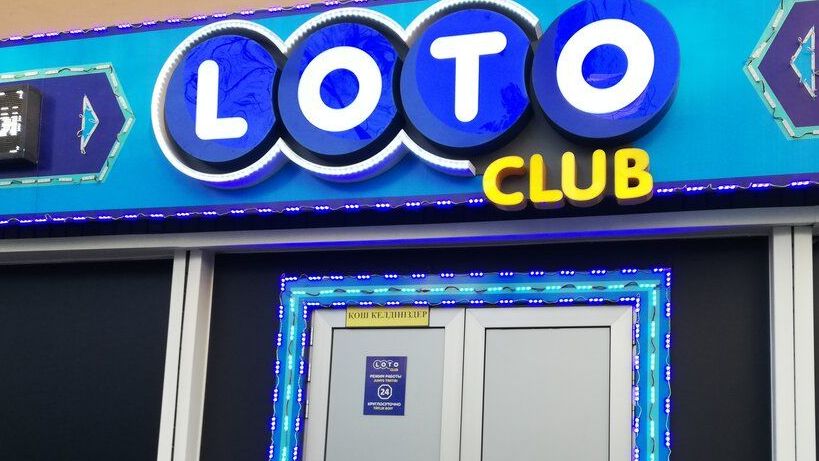
On January 25, 2024, a meeting of the Committee on Socio-Cultural Development and Science of the Senate of the Parliament of the Republic of Kazakhstan was held to discuss the regulation of the gambling business and the fight against addiction.
Representatives of the gambling business, government agencies and the Institute of Parliamentarism under the UDP RK were invited to the event. Deputy Director Lyazzat Suleimen and Head of the Center for Private Legislation Meruert Kabylbaeva spoke on behalf of the Institute of Parliamentarism.
It should be noted that the Institute of Parliamentarism together with the deputies of the Majilis of the Parliament and the authorized body developed a draft law on gambling and lottery activities.
Measures to regulate gambling (casinos, slot machines, etc.) have been discussed many times and are known to everyone. This is the creation and implementation of the principle of responsible and safe gaming, which includes informing players about the risks, setting limits and age limits, providing tools for self-exclusion, etc. These principles of responsible gaming are aimed at creating a healthy and safe environment for gambling. These principles of responsible gambling are aimed at creating a healthy and safe gambling environment, minimizing social and individual risks, as well as at ensuring fairness and transparency of gambling activities.
However, I would like to emphasize the existing problem in the field of lottery activities in Kazakhstan. Many people believe that lotteries are just harmless entertainment, but in fact they are also a form of gambling. This may create the illusion that participation in lotteries is safe, while in practice it can cause serious psychological problems and financial losses.
In this case, I would like to give a small explanation as to why the draft law, together with the issues on gambling, also addresses the issues of tightening lottery activities.
Thus, according to Article 5 of the Law "On Lotteries and Lottery Activities" it is not allowed to conduct gambling games and (or) betting under the guise of lotteries. That is, a lottery game is not a gambling game.
And what is gambling? Gambling in the Law "On Gambling Business" is defined as a risk-based agreement, assuming a win, concluded by participants among themselves or with the organizer of gambling business on the outcome of the event in which these persons participate. Only casino and hall of slot machines are referred to gambling.
As can be seen from the above norm, the main elements of gambling are risk and assumption of winning.
However, in lottery games there is also a risk (e.g. loss of money) and assumption of winning (no guarantee of winning). Particularly in instant lotteries and "quick draw" lotteries, where draws occur every 2-5 minutes, throughout the day. These forms of lottery among participants have a high risk of losing money in large quantities and increase their need to play more and more often, buying tickets. This confirms the gambling nature of the lottery game. The more often a lottery is held, the further it becomes from the common classic format and the closer it becomes to slot machines. Usually, classic lotteries are played once a week, every two weeks or every month.
It should be emphasized that the terms and conditions of lotteries are determined by the Lottery Operator. They contain such items as the rights and obligations of lottery participants, the procedure and terms of payment of winnings to the lottery participant, the terms of examination of winning lottery tickets, the procedure of distribution of lottery tickets, etc.
All the above-mentioned issues are related to the rights of citizens, which must be established at the level of law (Article 61 of the Constitution).
For the above reasons, the Law "On Lotteries and Lottery Activities" and the concept of lottery activities in Kazakhstan requires careful analysis.
In general, gambling or lotteries can be a fun pastime for many people, but if not properly regulated and controlled, they can become a serious problem.
Proper regulation and control of these games will help to reduce the negative impact and preserve the gambling industry as part of the entertainment culture.



